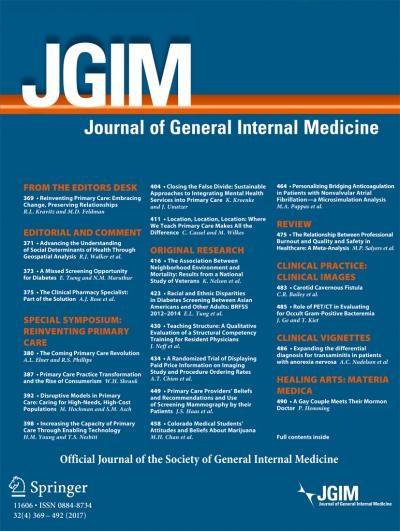At Northwestern Medical Group in Chicago, a patient-centered transitional care intervention serving patients with complex health needs that lack a usual source of care was found to reduce the likelihood of inpatient admissions within 90 and 180 days post-discharge by at least 35 percent in a randomized comparative effectiveness trial. There was no significant reduction in hospital encounters within 90 days.
The study results, published in the May 2019 Journal of General Internal Medicine, suggest that individually tailored transitional care interventions, when targeted to patients with complex health needs who predominantly are uninsured or Medicaid enrollees, may lead to improved patient self-management and reduced utilization of some types of acute care over a longer time horizon than the traditionally-evaluated measure of 30-day readmission rates.
Components of the transitional care intervention included:
- A scheduled transitional care practice appointment within 10 days post-discharge, to include multidisciplinary team-based services that address medical and psychosocial needs.
- The development of a patient-centered, individually tailored care plan inclusive of interventions such as connections to federal and state entitlements, simplification of medication regimens, and behavioral health treatment.
- Follow-up appointments at the transitional care practice scheduled as needed, with most patients seen weekly.
- Connections to community-based primary care providers after the patient and care team identified a readiness to leave the transitional care practice and engage in self-management.

